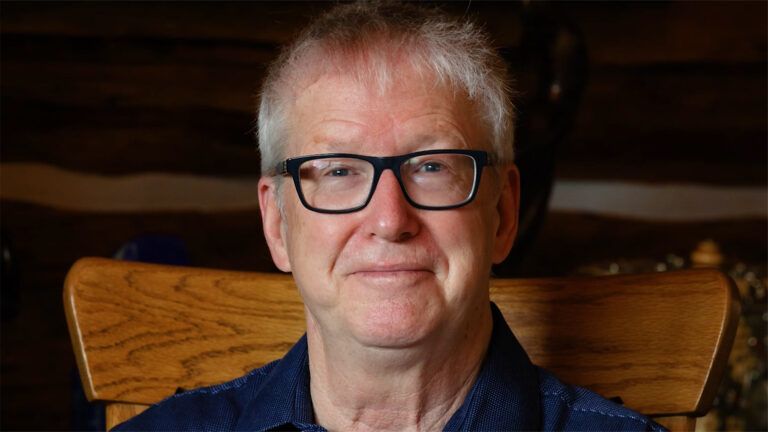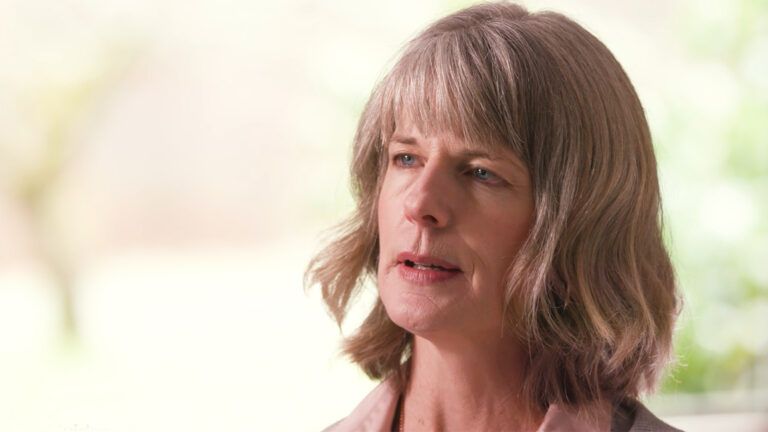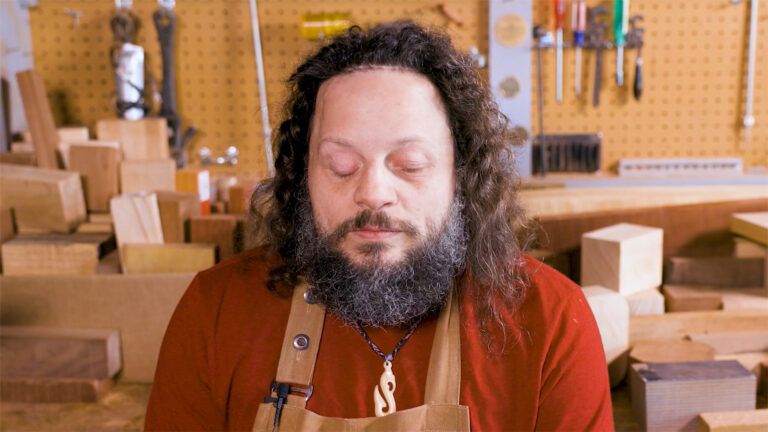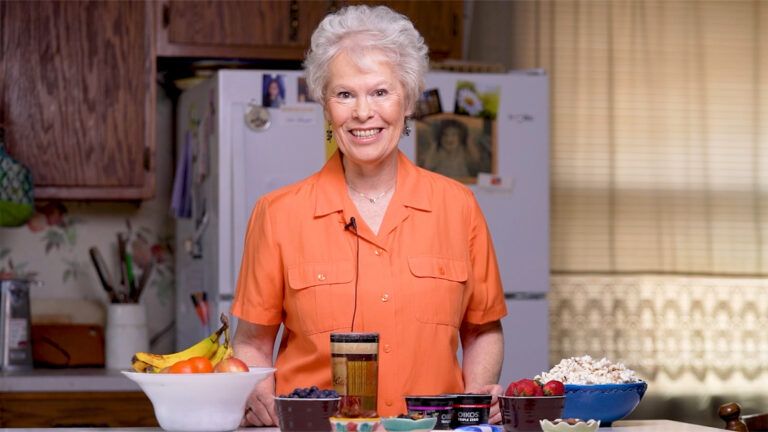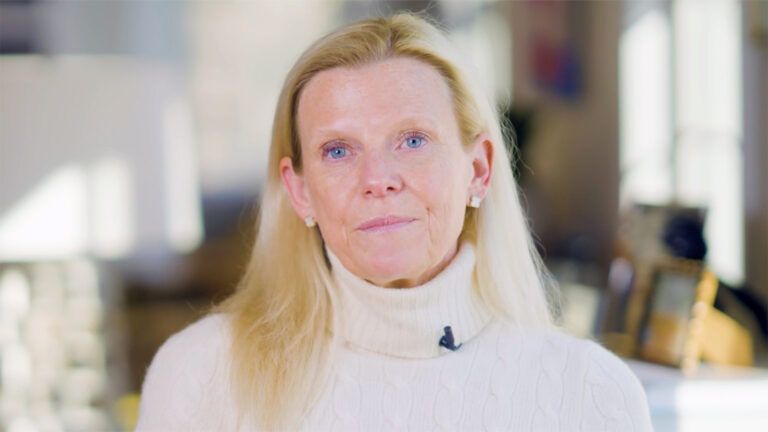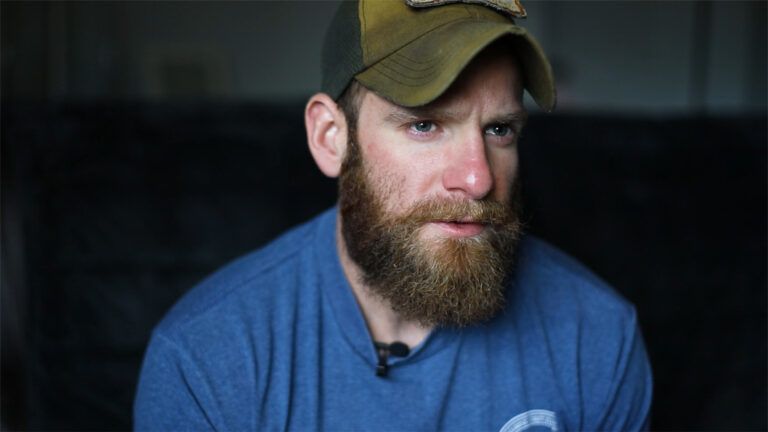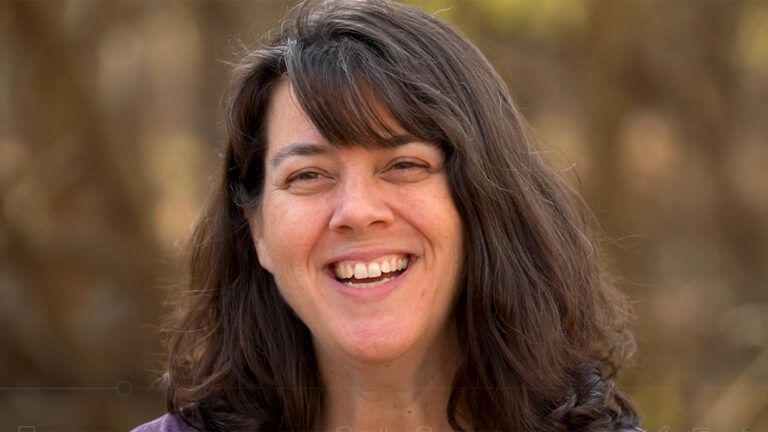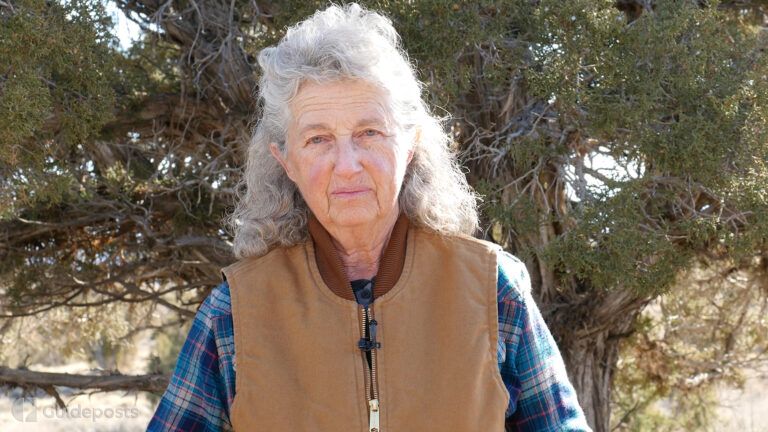
An Interview with Andy Garcia
Andy Garcia speaks about the inspiration for the film For Greater Glory.
View Transcript
[MUSIC PLAYING] My name is Andy Garcia and I play a character by the name of Enrique Gorostieta. General Enrique Gorostieta. in the film “For Greater Glory.” The film focuses on a war, on a civil religious, you might say, war in Mexico in the 1920s, where the Mexican government basically kicked out the Vatican from Mexico and took the power away from the church and deprived the Mexican population to practice their faith and religion.
And first there was passive resistance towards that law, the Calles law. And then an economic boycott, which didn’t work. And then at the same time, there was these guerrilla movements that started to rise up and confront the government, saying no, we have the right to our religion, to our religion and practice our faith.
And a war broke out. And my character is a character who was a non-believer. Sort of to the degree that he might have even been atheist. But he was a decorated general from the Mexican army from the Mexican Revolution. He’s recruited by the Cristeros, which are the people who are fighting for their religious rights, to organize their army.
And he decides to do so, not because he was religious per se, but because he believed in their right to be religious, in the concept of absolute freedom. And this is an historical drama that actually happened in Mexico, in 1926 it started. And it’s something that’s been kind of taboo and kind of swept under the rug for many years. But this is what the movie focuses on.
He goes into the story not as a believable, but a believer in their cause, which is a totally different thing. But in the course of the story, he gets inspired by a young boy and by the other Cristeros to, and he begins to get a deeper understanding why people have faith. And he has sort of a catharsis and maybe a reaffirmation of something maybe he had dormant inside of him.
And he does have a sort of somewhat religious transformation as he goes along through the examples that are shown by his fellow Cristeros, and especially this young boy, which he has a very close relationship with in the film, who is also a young Cristero. And the Cristero is obviously the people who were fighting in defense of their, to defend their right to practice their religion.
On a personal level, I come from a country that those freedoms have been taken away for many, many years in Cuba, not only religious freedom, but just the entire gamut of human rights have been deprived to the Cuban people by the Castro regime. So I have that in my DNA. The real thing in the film is really the right of the human being to have absolute freedom in life.
I mean, the government should not be dictating or taking away the rights of the individual. And this is what the people were fighting for. I think when you make a film and I get involved, I want the movie to have an impact on the individual, I want it to have resonance and I want them to be moved by the film, whether it be a drama or a comedy.
I want them to think about it a month later, a year later, and say wow, that was a great movie, a great experience. And whatever experience they have with it in their own way privately is up to them. It’s not propaganda. I’m a filmmaker. I’m not trying to, the message I’m trying to get across is a message of great filmmaking like I said, that has a resonance to the moviegoer.
I think in this case, obviously it’s a cause that’s easy to get behind, because we are talking about the rights, the individual rights of the human being to be free and to practice either religion or to organize themselves politically, to speak out against the government without any repercussions. All these things are part of your basic human rights. And this is what this movie is fighting for, what these people were fighting for.
[MUSIC PLAYING]


